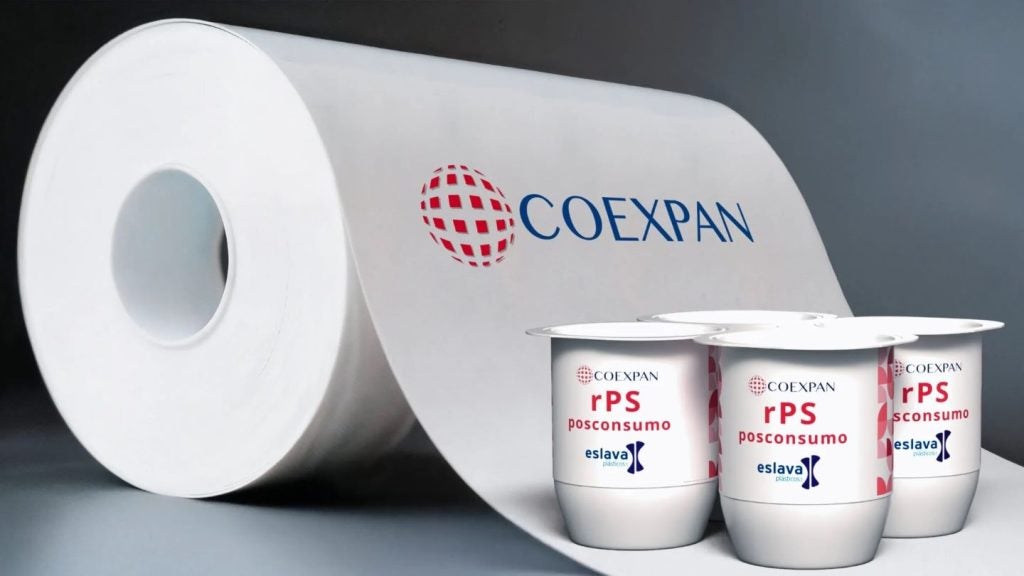While some coverage of last week’s new packaging levies was negative—given likely food price rises during a cost of living crisis—those of us who have seen the packaging-waste crisis first-hand still view the change as welcome and necessary.
Extended Producer Responsibility (EPR) taxes the creators of packaging and passes the revenue to councils to fund proper disposal. It aims to end the cycle in which major waste offenders prioritise profit while the state picks up the tab, holding companies both morally and economically accountable for the packaging they place on the market.
As with any major shift, there are teething problems in how the system works. Over time, EPR’s goal is not just to fund recycling but to create a financial incentive for companies to adopt more sustainable packaging. So far, so good.
Where the methodology falls short
The problem lies in the methodology. Fees are set by the weight of packaging, with different tariffs for different materials. That’s easy to administer, but it creates pitfalls: it can penalise innovators in circular materials and instead push brands toward lighter, non-recyclable options rather than heavier but more sustainable ones.
For example, switching to a non-recyclable flexible plastic could attract a lower charge, while moving to more circular materials—whose tariffs may be lower per kilogram but which weigh more—could be disincentivised.
For businesses investing in circular materials such as aluminium, this would be a step backwards. Aluminium is widely recycled and central to a circular economy, yet the new system could make it less competitive than lighter, less-recyclable alternatives—penalising the very companies leading the transition.
How to make the system better
Charges should more accurately reflect circularity, not just mass—via a nuanced fee structure that clearly distinguishes circular from linear materials. The system must also be monitored and calibrated: early behavioural shifts need to be tracked and addressed to prevent plastic waste from persisting at scale.
Recycling is no longer a niche concern; it’s a defining issue of our age. Unless EPR fees recognise the materials and innovations that actually solve the waste crisis, we risk merely moving from one kind of plastic to another—kicking the can down the road.
About the Author: Ross Murdoch is Chief Sustainability Officer at packaging-tech company Meadow.















